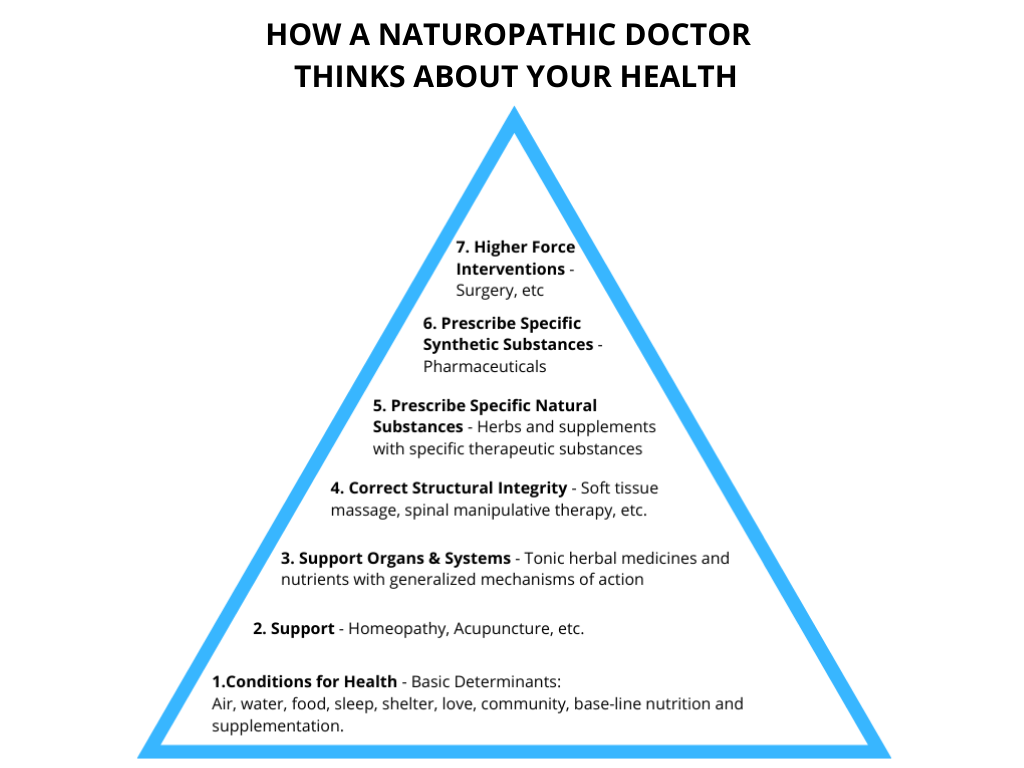SIBO: What's to Blame for your Digestive Complaints?
SIBO stands for small intestinal bacterial overgrowth.
Our intestines are divided into two groups – the small and large intestine (also known as the colon).The small intestine is where food is digested and absorbed and in which wave like movements help to flush bacteria into our large intestine. You have about three pounds and over 500 species of bacteria in your intestines.Among all of these bacteria, there are good guys and bad guys. If the bad bacteria take over or move into an area where they shouldn’t be in like in your small intestine, they start fermenting the food you digest, particularly carbohydrates. This imbalance is called SIBO and it occurs when bacteria overgrow in the small intestine and are in the wrong place at the wrong time. These misplaced bacteria cause a number of problems which translate to the symptoms of SIBO.
Symptoms
Symptoms of SIBO include abdominal pain and bloating, constipation, diarrhea (or both), belching and flatulence. Since the bacteria are consuming our food, deficiencies in vitamins like B12 and iron can occur and because the bacteria can also decrease proper fat absorption fat soluble vitamin (A, D, E and K) deficiencies as well as fatty stools may also occur. With damaged intestinal lining, leaky gut syndrome may be present in which larger food particles that cannot be fully digested enter into the body and our immune system reacts to this causing food allergies and sensitivities which can manifest as chronic fatigue, headache, joint and body pain, eczema, rosacea, and even depression. Other symptoms of SIBO include heartburn, nausea and weight loss.
The main symptoms of SIBO – abdominal bloating and pain, constipation, diarrhea - are those of irritable bowel syndrome (IBS) and it is now thought that SIBO is an underlying cause of IBS. In fact, SIBO has been shown to exist in 70-80% of IBS patients. There are certain factors that increase the chances a patient’s IBS is actually caused by SIBO. For example, when IBS is developed following a stomach flu or Travellers’ diarrhea, if there is a dramatic transient improvement in IBS symptoms after antibiotic treatment or if there is worsening of IBS symptoms from ingesting probiotic supplements that contain PREbiotics. Diseases associated with SIBO include celiac disease and inflammatory bowel disease (IBD) which includes Crohn’s disease and ulcerative colitis. SIBO has been reported in 25% of Crohn’s patients. Celiac patients that still have digestive symptoms even after following a gluten free diet have a high probability of SIBO.
Treatment
The treatment of SIBO involves destroying the bacteria that is wrecking havoc in the small intestine. There are two options for killing the bacterial overgrowth: two weeks of a specific antibiotic called Rifaximin, or four to six weeks of antimicrobial herbal medicine. Although both methods are effects, Rifaximin is faster in eradicating the bacteria. The herbal antimicrobials commonly used are allicin from garlic (the highest potency formula is Allimed), oregano oil, berberine, neem and cinnamon.
Dietary treatments work on reducing the food sources for the bacteria by feeding the person but starving the bacteria. The bacteria in SIBO eat carbohydrates primarily so all the recommended SIBO diets decrease carbohydrates in an effort to limit the bacterial food supply. The established SIBO treatment diets are:
Specific Carbohydrate Diet (SCD) – The SCD has a 75-84% success rate if followed strictly. The diet is explained at BreakingTheViciousCycle.info and SCDLifestyle.com
Gut and Psychology Syndrome Diet (Gaps Diet) – The Gaps diet is explained in Dr. Campbell-McBride’s book and at Gaps.me andGapsDiet.com
Low Fermentable Oligosaccharides, Disaccharides, Monosaccharides and Polyols (Low FODMAP Diet) – The FODMAP diet has excellent success rates for those with IBS and IBD. There is a Monash University low FODMAP diet app and visit www.gidoctor.net/client_files/file/Fodmap.pdf for more FODMAP diet information.
One has to treat the underlying factors that set the stage for SIBO to develop in the first place. This includes supporting digestion, healing the gut lining, repairing damage that SIBO has caused, rebalancing gut flora and addressing gut motility. For a more in-depth look into SIBO, visit Dr. Allison Siebecker’s website which has a wealth of information about SIBO at www.siboinfo.com. It’s important to take control of your own health and become empowered by learning about SIBO but always remember to talk to your doctor before starting any treatment protocols.





